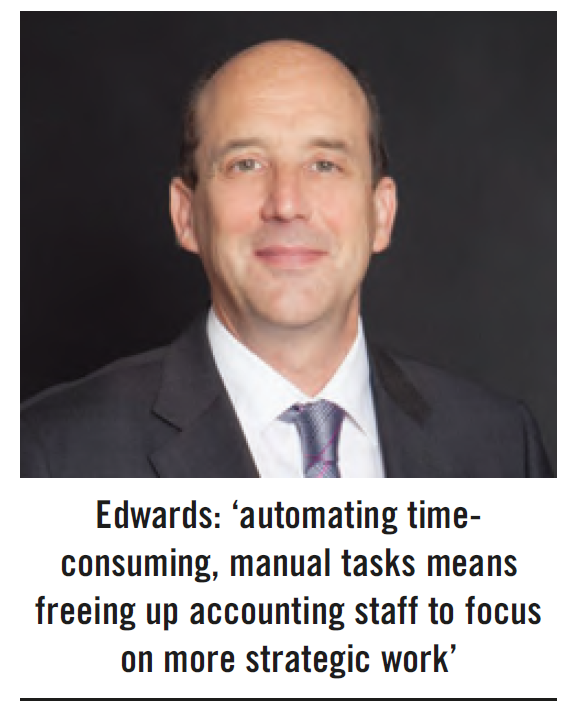
October 2022
First the pandemic, now the cost-of-living crisis and business turbulence. The accountancy sector needs to mentally prepare for the opportunities within its grasp, says John Edwards
Who would have guessed that Covid would be the tip of the iceberg?
Now there is a plethora of tougher challenges organisations are having to face: insolvency, escalating energy prices, tax rises, the cost-of-living crisis, a change in Prime Minister and likely political and economic policy changes, not to mention the Russia-Ukraine conflict with its global consequences.
However, accountants can help position their finance functions and in turn help their business navigate their way towards a more profitable, long-lasting future through effective adoption of new technologies. Looking at the entire business – the bigger picture – and focusing on staffing and building the team of the future.
In a recent poll of 136 accountants, when asked on how confident they felt about the future in their roles, 30.1% said they were not at all confident. However, the second largest number – 25% – said they felt totally confident. A reflection surely of the complex challenges and unique opportunities that face the sector in the coming months and years ahead.
The automation switch
A decade ago, 75% of the work of a finance function was repetitive processing work, while around 25% was advisory. Those figures have now flipped as most businesses automate processes and systems and look to their finance function for deeper analysis and forecasts.
It’s now vital for finance functions to present themselves as profit generators rather than cost saving centres. The demands of today’s business climate are forcing us to do more with less. Even the most crucial cost-oriented operational teams are now asked to deliver greater value toward the organisation’s bottom line. Automating time-consuming, manual tasks means freeing up accounting staff to focus on more strategic work.
Sustainability as a key strategy Focus is on survival, but businesses need to also consider their environmental, social and governance (ESG) capability and recognise that it’s something that they must prioritise.
Using cloud-based tools not only cuts out most paper usage, they will also speed up access for multiple users, boost visibility and accountability, and cut down fraud. This integrated, streamlined and generally inexpensive way of working also increases work efficiencies, saving your team a significant amount of time.
Also, considering options such as signing up for independent verification from organisations like ‘BCorp’ can provide an added edge over competitors. B Lab UK, a non-profit arm of the B Corporation, focuses on building and strengthening sustainable businesses with verifiable social and environmental credentials.
The pandemic’s role in the accelerated journey to digital transformation may be just the unexpected shake-up we need. Intelligent systems can enable better decisions in business and accountants now need to prove they can adapt and harness them to their advantage.
• John Edwards is CEO of The Institute of Financial Accountants (IFA)